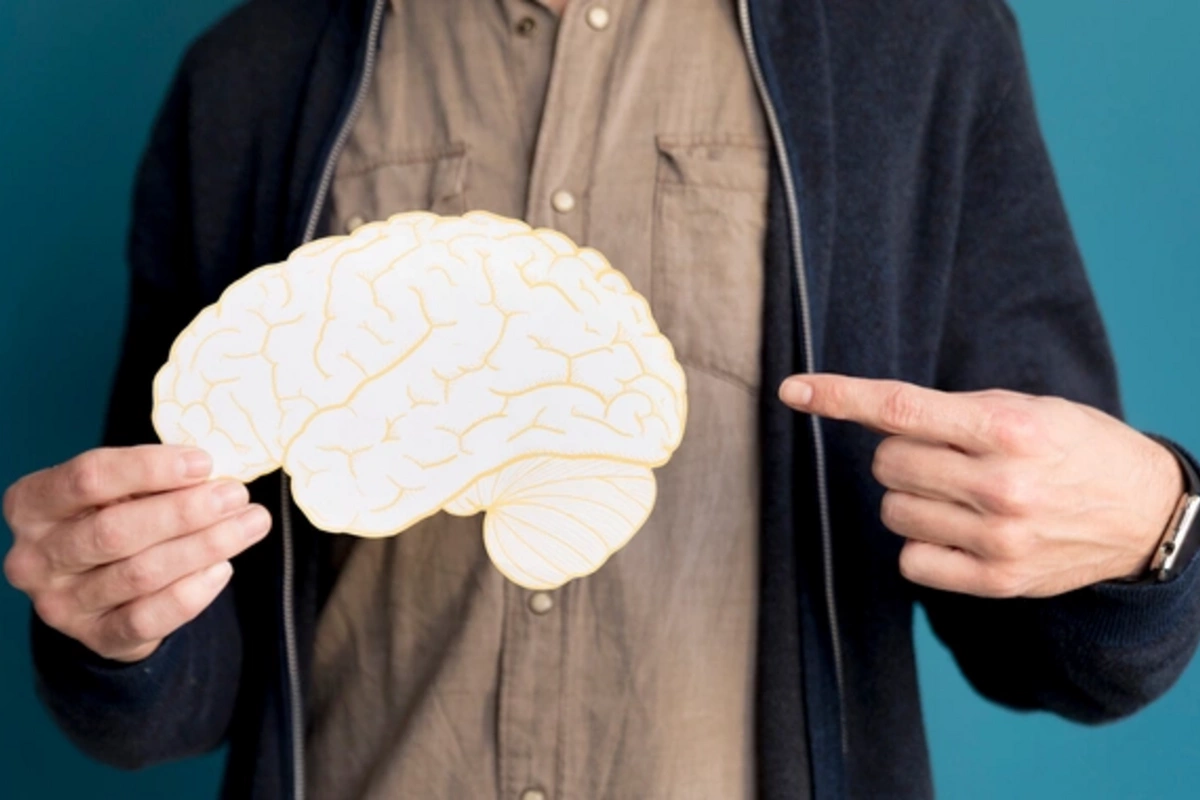30 Jun , 18:35
0

Breakthrough in understanding depression: scientists reveal the key role of astrocytes in the development of the disease
Researchers from the University of Wisconsin have made an important discovery in the field of neurobiology, establishing that astrocytes - supporting cells of the central nervous system - play a critically important role in the development of major depressive disorder (MDD). The results of the large-scale study are published in the authoritative scientific journal Neuroprotection.
Until recently, the scientific community focused primarily on microglia - immune cells of the brain involved in inflammatory processes during depression. However, the functions of astrocytes in this context remained a mystery. Filling this gap, American scientists conducted a comprehensive analysis of 226 scientific papers investigating the relationship between inflammatory processes and astrocyte activity in depressive states.
The study showed that the functional repertoire of astrocytes is significantly broader than previously thought. In addition to providing structural support for neurons, these cells actively regulate nerve cell growth, participate in the formation of synaptic connections and the transmission of nerve impulses. Disruptions in astrocyte function seriously undermine interneuronal communication, which can trigger or exacerbate symptoms of depression.
The scientists paid special attention to the interaction of astrocytes with microglia. It was found that activated microglia release inflammatory molecules that stimulate astrocytes to produce toxic compounds. This self-sustaining mechanism enhances neuroinflammation and leads to neuronal damage.
Among the key discoveries of the study is the identification of the role of ATP released by astrocytes. This signaling molecule significantly enhances microglial activity. Additionally, when astrocytes dysfunction, the concentration of lactate in the brain increases, which affects gene activity and maintains chronic inflammation.
The authors of the work are convinced that their discovery opens up fundamentally new perspectives in the treatment of depression. Therapeutic strategies aimed at regulating astrocyte activity may not only increase the effectiveness of existing treatment methods but also become a powerful tool for preventing the disease in people at risk, as well as reduce patients' dependence on medications.